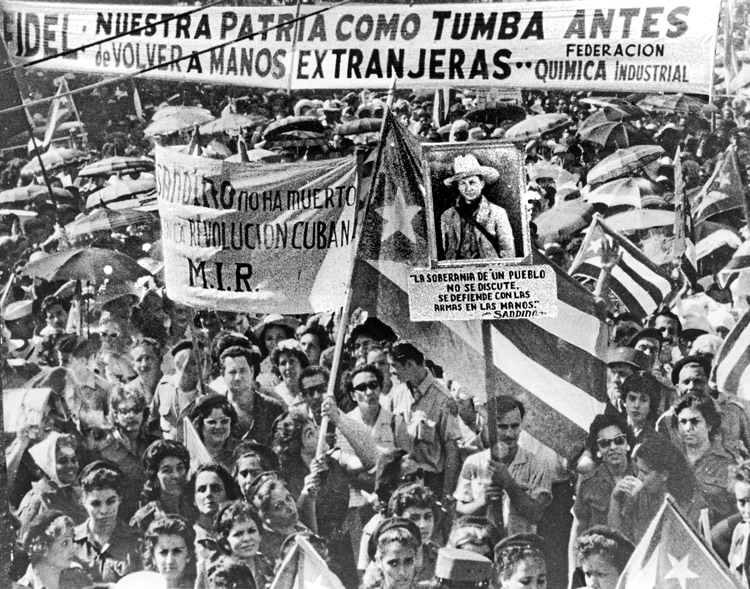From time to time, parties on the left and more often on the right of capitalist politics try to sell workers on the virtues of “smaller and cheaper government.”
But the growing size of the capitalist state is an inevitable product of the class interests it serves. Rising national conflicts and wars, and violent class struggles mark the imperialist epoch. The size and scope of the rulers’ state is determined by their need to uphold their power in these clashes.
First and foremost, they require a powerful military and police apparatus and a far-flung spy operation under the guise of protecting “national security.” In addition, they rely on an army of tax collectors and a multitude of regulatory agencies, today propped up by plugged-in nongovernment organizations and nonprofits. All these institutions are staffed by middle-class functionaries convinced they were born to administer society. They view working people as objects, sometimes to be “handled” and increasingly to be beaten down.
Changing any of this requires changing which class rules.
The two great socialist revolutions of the 20th century — led by V.I. Lenin in Russia in 1917 and Fidel Castro in Cuba in 1959 — show this is possible.
The Bolshevik-led revolution in Russia overthrew the political rule of the bosses and landlords, replacing it with the rule of working people, based on popular councils of delegates chosen by millions of workers, peasants and soldiers. This government led workers to organize their own army that defeated counterrevolutionary forces and an imperialist invasion. They also took increasing control of the organization of work in the factories and fields to run society for the immense majority.
Lenin advanced the right of self-determination for all oppressed nationalities — from Ukraine to Georgia — and organized a militant fight against Jew-hatred and pogroms. Literacy and electrification were advanced — bedrocks of modern civilization and culture, all to aid the working people to take control.
To combat bureaucracy and careerism, Lenin fought to draw combat-tested and respected workers into all leading bodies.
During the revolutionary struggle in Cuba that overthrew the U.S.-backed Batista dictatorship, working people were organized to take charge, beginning in the areas liberated by the Rebel Army where they began to transform social relations. A congress of peasants-in-arms was held, providing title to those who worked the land.
After the triumph of the revolution, mass organizations of working people — from youthful brigades that wiped out illiteracy to the Federation of Cuban Women and the Committees for the Defense of the Revolution — were formed in neighborhoods across the island, drawing millions into shaping their own destiny.
These revolutionary governments, led by Lenin and Castro, dismantled the old repressive state apparatuses and entrenched bureaucracies that had served the exploiters.
The working class has no need for a big central government. What appear as insurmountable social problems under capitalism, will be resolved from the bottom up, not the top down, by the initiative, fighting capacities and mobilization of working people ourselves, once workers have taken political power.
Speed the day! That’s the perspective Socialist Workers Party candidates are presenting around the country. Join the campaign!


